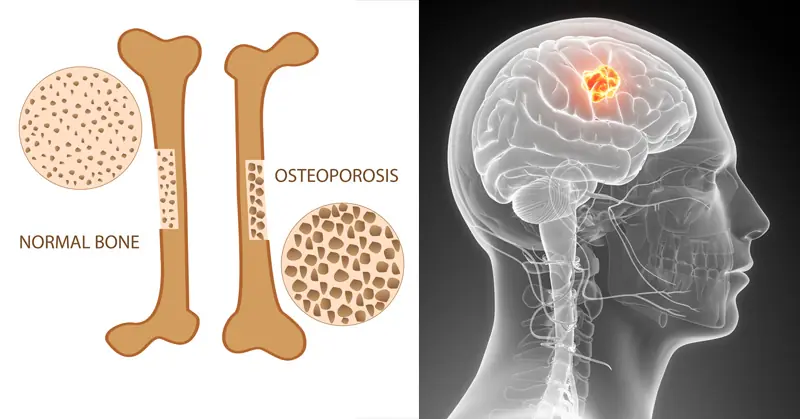
The real reason you wake up at 3AM — and one simple way to stop it
You go to bed, fall asleep easily, and for a few blissful hours, everything is fine—until bam! You're wide awake at 2 or 3 a.m. staring at the ceiling. Maybe you had to pee. Maybe it was a weird noise. Or maybe your mind just jolted awake for no apparent reason. Sound familiar?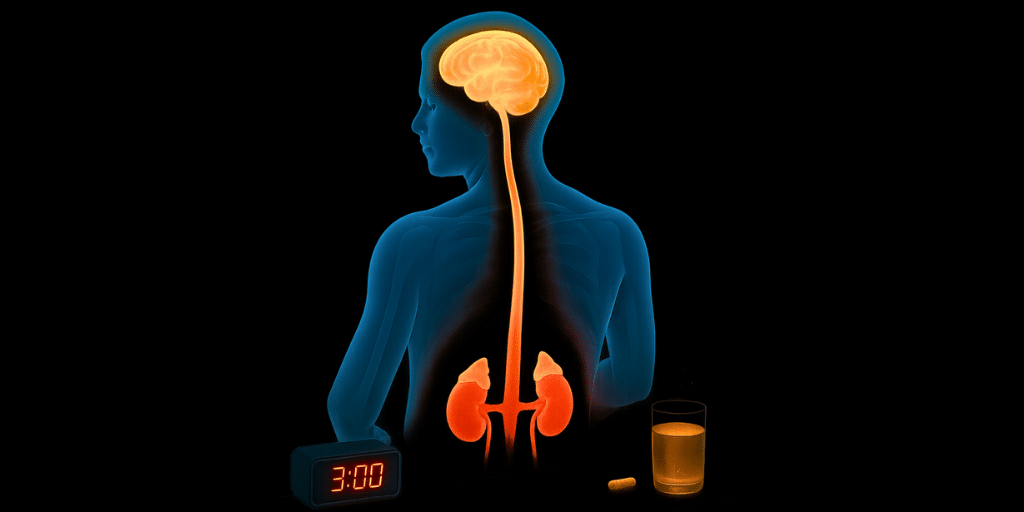
If you’re dealing with frustrating nighttime awakenings, you’re definitely not alone. Millions of people struggle with waking up in the middle of the night and being unable to fall back asleep. The good news? There’s growing scientific interest in a simple, natural amino acid—glycine—that might help you stay asleep longer and wake up feeling more rested.
Let’s break down what’s actually causing these 2 a.m. disruptions, how glycine can help, and how to start using it to finally reclaim your nights.
🧠 Why You Wake Up in the Middle of the Night
It’s not just in your head. Middle-of-the-night wakeups—often called “microarousals”—are a real phenomenon where your brain gets just active enough to bring you out of deep sleep. These can be caused by:
-
A full bladder
-
Environmental noise
-
Blood sugar fluctuations
-
Anxiety or unresolved stress
-
Light exposure or temperature changes
When you're asleep, your brain and body cycle through various stages, including deep and REM sleep. But if something triggers your alertness—even briefly—it can yank you out of sleep and leave you stuck in a frustrating twilight state.
The challenge? Once you’re awake, your stress response system can kick in, making it even harder to relax and return to sleep.
🌿 Glycine: A Natural, Science-Backed Sleep Aid
Glycine is a naturally occurring amino acid that your body uses to make proteins, neurotransmitters, and even support detoxification. What’s especially exciting is the strong body of research showing that glycine can improve both the quality and duration of your sleep.
In clinical studies, people who took 3 grams of glycine about an hour before bed reported:
-
Falling asleep faster
-
Spending more time in REM sleep
-
Waking up feeling refreshed and alert
A landmark study published in Sleep and Biological Rhythms found that glycine significantly improved subjective sleep quality in people who considered themselves “poor sleepers.” Even more importantly, participants said they felt more rested—something that often matters more than just numbers on a sleep tracker.
❄️ How Glycine Helps You Sleep: Cooling, Calming, and More
So what makes glycine so effective? It all starts with body temperature regulation.
To enter deep sleep, your core body temperature must drop slightly. Glycine helps by increasing blood flow to your extremities—your hands and feet—which helps release heat from the core. This physiological cooling tells your brain, “It’s time for sleep.”
In rodent studies, glycine increased blood flow to the paws, improving both REM sleep and overall restfulness. More than just a circulation boost, glycine also interacts with brain regions (like the hypothalamus) that regulate anxiety, arousal, and thermoregulation.
In simpler terms? Glycine helps cool your body and calm your brain—a powerful combo for sleep.
🚽 Glycine Helps You Go Longer Without Having to Pee
Waking up to pee (aka nocturia) is one of the most common and disruptive sleep disturbances—especially as we age. But here’s the surprising part: glycine appears to reduce nighttime urination, both in urgency and frequency.
One study in the Journal of Complementary and Alternative Medicine showed that participants who took 3 grams of glycine nightly for four weeks:
-
Had fewer nighttime trips to the bathroom
-
Woke later in the sleep cycle when they did have to go
-
Reported less urgency and more ease falling back asleep afterward
Researchers believe glycine works by calming spinal cord signaling related to bladder function—reducing those abrupt “wake up now” messages from your body.
⏰ When and How to Take Glycine for Sleep
Timing is everything. For best results, take 3 grams of glycine around 60 minutes before bed. This gives your body time to absorb it and start reaping the sleep-promoting effects.
You can:
-
Mix it in water or tea (unsweetened and caffeine-free)
-
Combine it with other natural sleep aids like:
-
Magnesium (for muscle and brain relaxation)
-
L-theanine (for focus + calm)
-
Saffron (for stress reduction and mood support)
-
Avoid taking glycine right as your head hits the pillow—you want to give it time to do its thing.
🧬 Glycine, Creatine & Brain Energy: The Science Gets Deeper
Here’s something many people don’t know: Your brain needs a constant supply of energy (ATP) to stay asleep. When your ATP levels dip too low, the brain may wake you up to “recharge.”
Glycine helps here, too. It’s involved in the production of creatine, a compound that helps stabilize ATP in your brain. That means:
-
Fewer nighttime energy dips
-
Fewer “mystery” awakenings
-
More consistent sleep cycles
If you’re already supplementing with creatine (for workouts or cognitive health), glycine can enhance its effects by boosting your body’s ability to synthesize and store it.
😰 Glycine Reduces Emotional Overload That Keeps You Awake
We’ve all been there: A stressful conversation, bad news, or a nagging worry hijacks your night. Your body is in fight-or-flight mode, and sleep becomes impossible.
Glycine helps blunt this response. Animal and human studies show that glycine can:
-
Reduce cortisol, your main stress hormone
-
Lower your heart rate and adrenaline response
-
Increase resilience to emotional or environmental triggers
This means that even if your brain is buzzing with anxiety or stress, glycine helps dial down the internal chaos, making it easier to relax and fall asleep again.
✅ Glycine Is Safe, Simple, and Effective—But Use It Right
The research is clear: 3 grams of glycine is the sweet spot. That’s roughly ½ teaspoon of pure powder. Take it consistently for at least 2–4 weeks to see full benefits. And don’t overdo it—more isn’t always better.
Most people tolerate glycine extremely well, with minimal side effects. Still, if you have a medical condition or take medications, talk to your healthcare provider before starting any supplement.
🌟 Bonus Benefits: Pain, Bladder Health & More
Aside from better sleep, glycine has shown promise for:
-
Reducing bladder discomfort
-
Easing chronic pain
-
Supporting joint and connective tissue health
-
Boosting glutathione, a master antioxidant in your body
That makes it a versatile addition to your nighttime wellness routine.
💤 Final Thoughts: Better Sleep Might Be Just One Amino Acid Away
Middle-of-the-night wakeups can feel like a frustrating, mysterious curse. But thanks to new research, we now understand that simple nutritional interventions, like glycine supplementation, can make a big difference.
If you’re ready to take back your nights:
✅ Start with 3 grams of glycine, 1 hour before bed
✅ Give it 2–4 weeks of consistent use
✅ Combine it with other healthy sleep habits—like reducing screen time, managing stress, and keeping your room cool
You might be surprised how much more deeply you sleep—and how much longer you stay asleep—without the 2 a.m. brain buzz or bathroom run.
Sleep well—and remember, sometimes the simplest tools are the most powerful.
News in the same category


Stop Ignoring These 8 Subtle Signs of Heart Trouble Before It’s Too Late
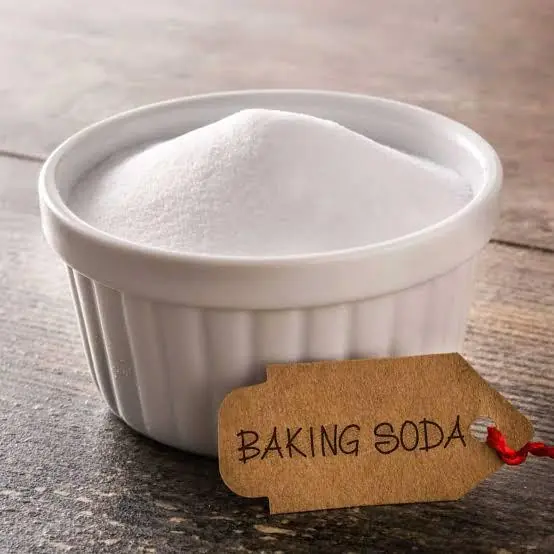
1 Teaspoon of Baking Soda Can Do This to Your Body!

Still Waking Up Tired? This Simple 3g Bedtime Mix Beats Melatonin for Deep Sleep

Here’s How to Starve Cancer to Death By Removing One Thing From Your Diet

This Super Tea Kills Parasites And Cleanses The Body of Toxins

Your pancreas could be ‘silently inflamed’ right now and you’d never know until it’s too late

4 foods to eat on an empty stomach in the morning to cleanse the gut, boost digestion, and lower cancer risk

10 Simple Ways to Help Your Body Detoxify and Cleanse Itself

14 Warning Signs of Low Magnesium Levels and What to Do About It (Science Based)

Why Your Legs Get Weaker After 50 — And 4 Simple Ways to Fight Back
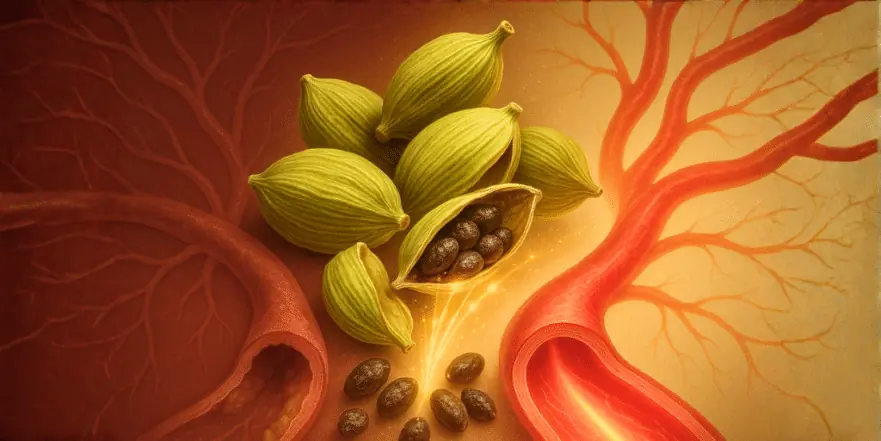
This Ancient Spice Opens Your Arteries Like Magic and Supercharges Your Heart
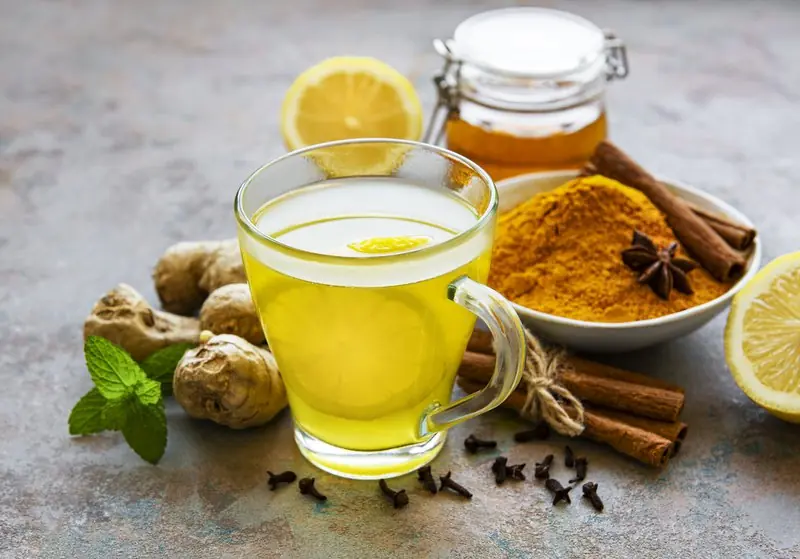
This Super Tea Cleanses the Body and Fights Inflammation (5 Ingredients)

One Tablespoon to Clear Arteries and Boost Your Energy Naturally

13 Superfoods That Double as Immune System Boosters

70-year-olds look 40! 🍀 The Japanese wrinkle remedy you need to try

9 Signs You’re Actually Going Through Menopause (Even If You Didn’t Realize It)

15 visible signs of low thyroid you can see – don’t ignore #7!

The 30-second ear shake trick: try it and see shocking results
News Post

This Drink Destroys Your Bones From the Inside and Harms Every Organ on Its Way Out

Stop Ignoring These 8 Subtle Signs of Heart Trouble Before It’s Too Late

1 Teaspoon of Baking Soda Can Do This to Your Body!

Still Waking Up Tired? This Simple 3g Bedtime Mix Beats Melatonin for Deep Sleep

Papaya releases a milky sap, but most people don’t realize how important it is

Purslane: The Superfood That Tastes Better Than Meat – 7 Reasons to Grow It in Your Garden

9 DIY Cucumber Trellis Ideas for Easy Harvesting and Maximized Garden Potential

Honey, Lemon, Onion, Garlic & Ginger: The Daily Spoonful That Works Wonders

Garlic, Honey, and Cloves – a powerful natural remedy packed with health benefits

Discovering the Health Benefits of Lamb’s Quarters
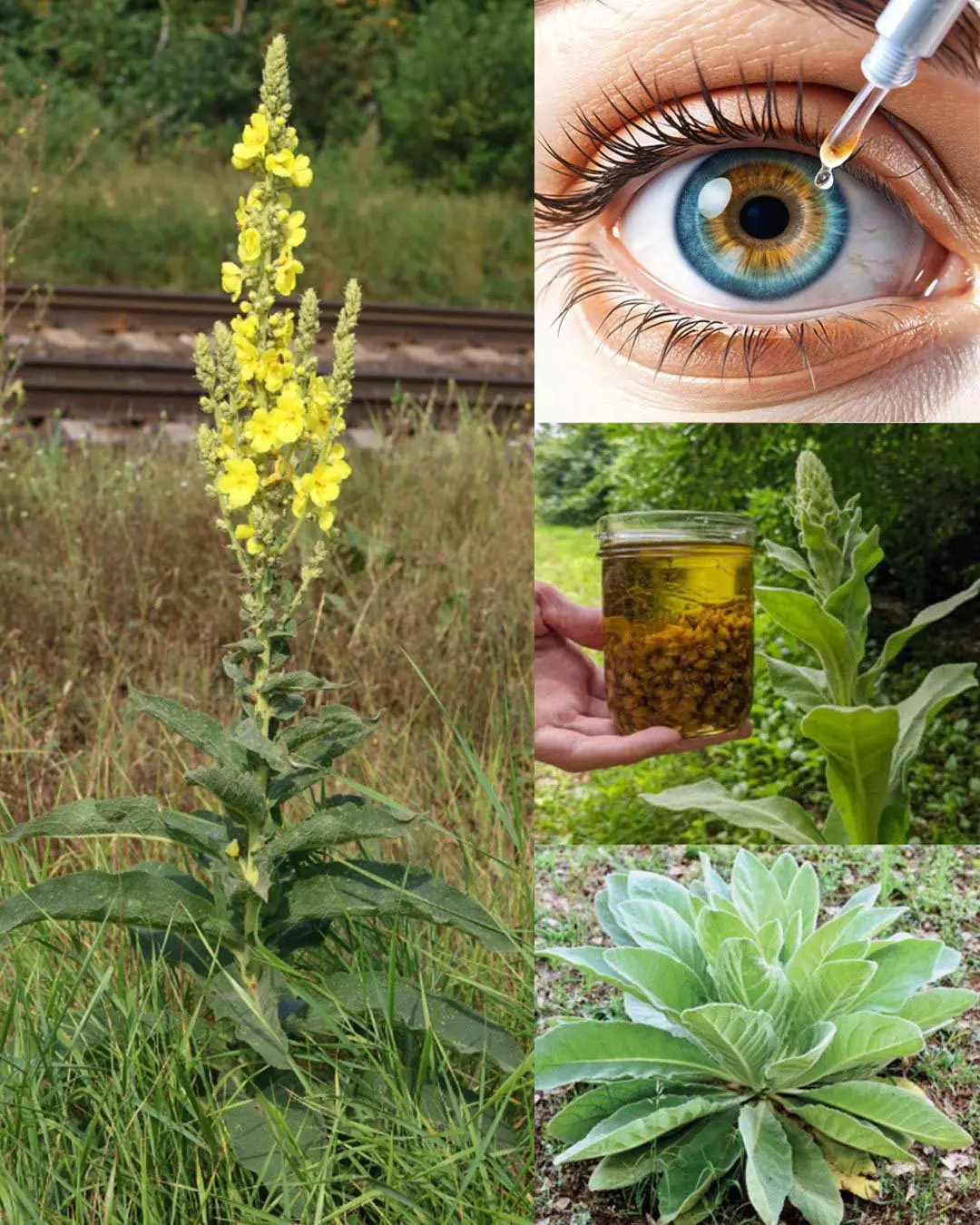
Common Mullein: Benefits and Uses of Nature’s Versatile Herb

12 Homemade fertilizers for plants easy to find at home

Is It Necessary to Unplug the Rice Cooker After the Rice Is Cooked?

Find All 7 Animals Hidden

6 Surprising Predictors of Divorce You Probably Overlooked

Cyperus Rotundus: The Ancient Herb with Modern Healing Power

Euphorbia Hirta: 9 key health benefits of this versatile plant

Here’s How to Starve Cancer to Death By Removing One Thing From Your Diet

This Super Tea Kills Parasites And Cleanses The Body of Toxins
